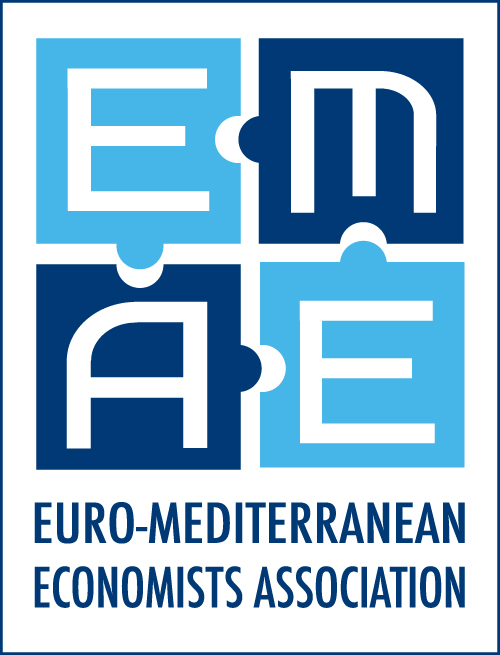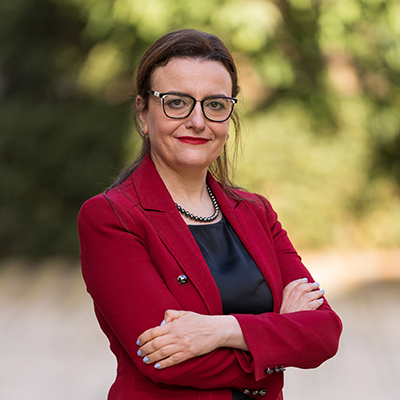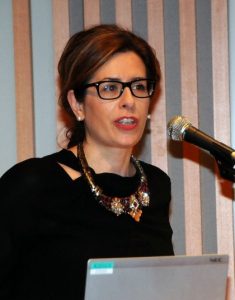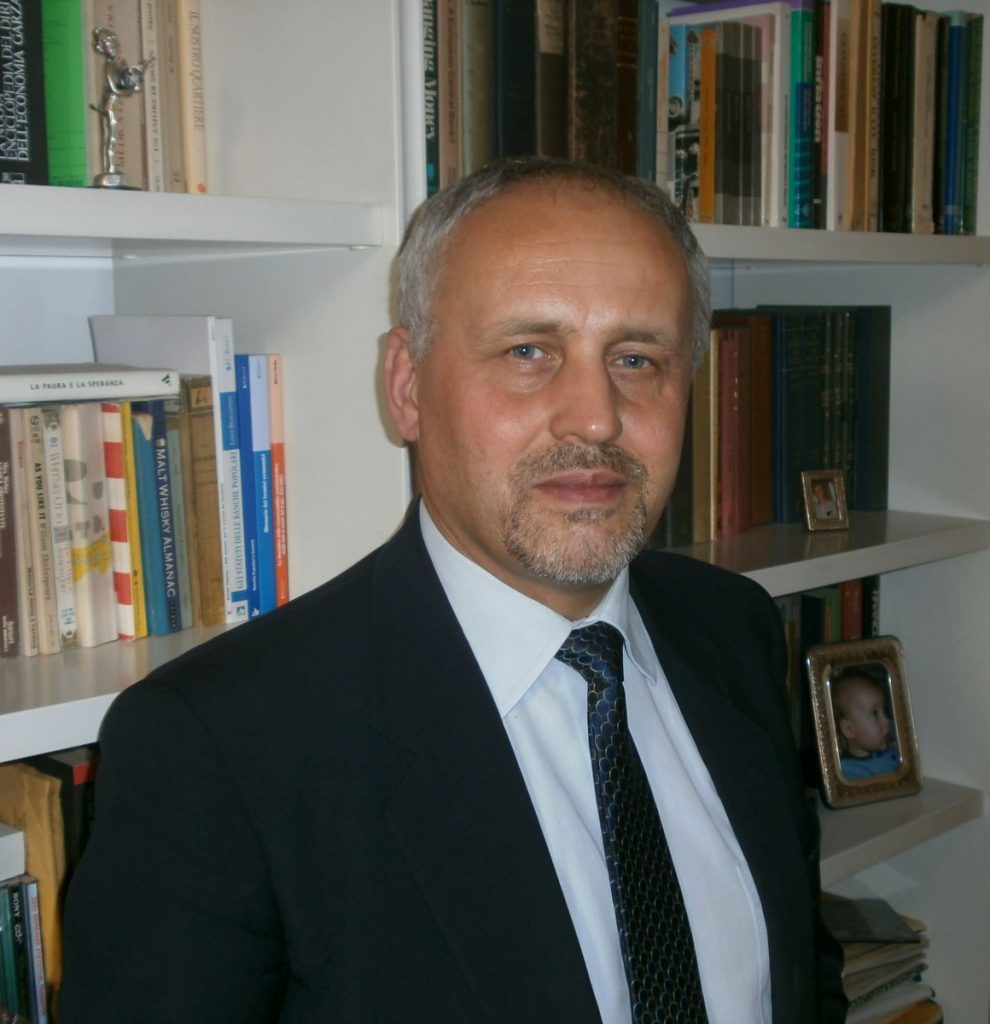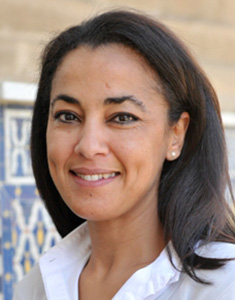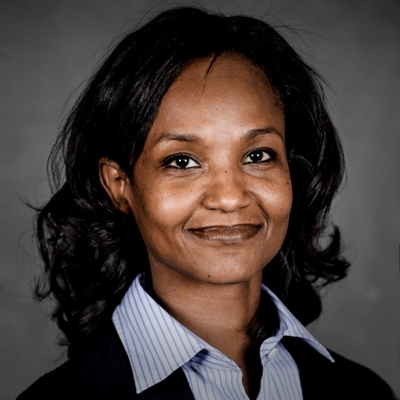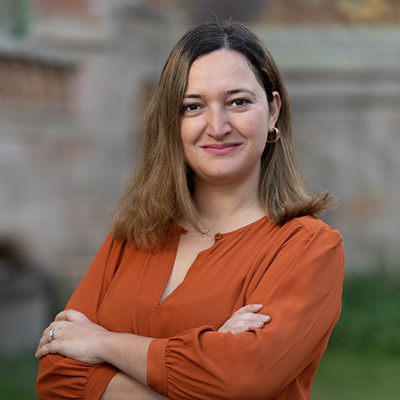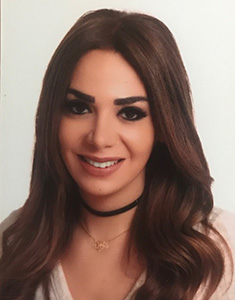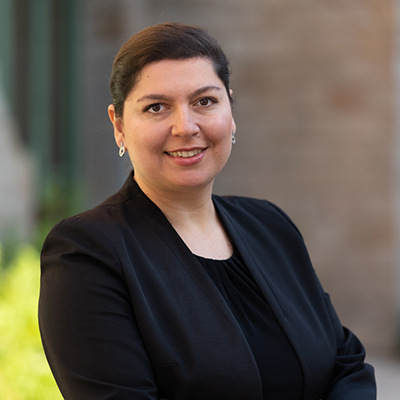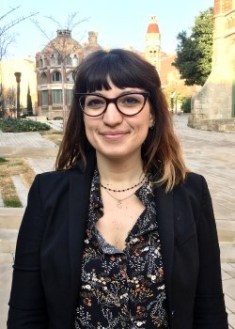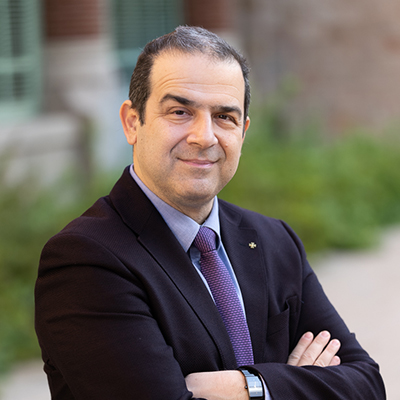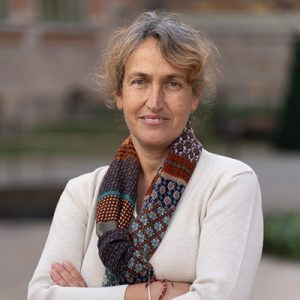| 9:00-9:45 |
Steering committee (closed meeting, by invitation only) EMEA offices |
| 9:30-10:00 |
Registration and coffee |
| 10:00-11:30 |
Academic session 4: Financial infrastructure and inclusion
Chair: Sandra Challita, EMEA and ESDES Lyon
Paper 4.1: The Role of Financial Inclusion in Building Resilience to The Covid-19-Induced Income Shock in South Africa
Authors: Kudakwashe Chipunza*, University of Stellenbosch, South Africa
Discussant: Imène Berguiga*, University of Sousse, Tunisia
Paper 4.2: Financial Inclusion and Women Economic Empowerment in Ghana
Author: Barbara Ama Zelu, Universitat Rovira i Virgili and ECO-SOS, Spain
Discussant: Racha Ramadan*, Faculty of Economics and Political Science, Cairo, Egypt
Paper 4.3: Risk Spillover Network Connectedness between infrastructure & other asset classes: the aftermath of the COVID-19 pandemic
Authors: Michaela Eklunda, Adrijana Omanovica, Yarema Okhrinb, Gazi Salah Uddin*, (Department of Management and Engineering, Linköping University, Sweden, and Cambridge Centre for Economic and Public Policy (CCEPP), University of Cambridge)
Discussant: Sami Ben Jabeur*, ESDES Lyon Business School, France |
| 11:30-11:50 |
Coffee break |
| 11:50-13:00 |
Launch of the TRIS Dashboard
Speaker: Rym Ayadi, President Euro-Mediterranean Economists Association (EMEA), Director, Euro-Mediterranean and African Network for Economic Studies (EMANES), Spain
Discussants: Enrique De Villamore, Director of MedWaves, Spain
Salvador Simon Algado*, Co-Director of the Mental Health Chair at UVic-UC, Spain
Carlo Sessa*, EMEA, Spain |
| 13:00-14:00 |
Lunch Break |
| 14:00-15:00 |
Academic session 5: Climate change and energy related topics
Chair: Carlo Sessa*, EMEA, Spain
Paper 5.1: Impact of renewable energy investment on carbon emissions
Author: Hayfa Elkadhi Karouiab*, (LEFA, IHEC, University of Carthage, Tunis, Tunisia and CERDI, CNRS University Clermont Auvergne, Clermont-Ferrand,France) Rim Ben Ayed Mouelhi (LEFA, IHEC, University of Carthage, Tunis, Tunisia ISCAE, University of Manouba, Tunisia)
Discussant: Cynthia Echave, EMEA
Paper 5.2: The causal relationship between renewable energy production and CO2 emissions in 27 OECD countries in the period 1965-2020: A panel ARDL and Granger causality approach
Authors: Gaetano Perone*, Department of Economics and Management, University of Pisa, Italy
Discussant: Ivan Hajdukovic, EMEA |
| 15:00-15:15 |
Coffee Break |
| 15:15-16:15 |
Academic session 6: Social protection and Social inclusion
Chair : Najat El Mekkaoui, University Paris Dauphine-PSL, LEDa DIAL
Paper 6.1: Gender wage gap in the Tunisian labor market: An econometric analysis
Authors: Mehdi Ben Braham* & Ameni Abid*, ESSEC de Tunis, LEGI Ecole Polytechnique de Tunisie
Discussant: Marwa Biltagi*, Faculty of Economics and Political Science, Cairo, Egypt
Paper 6.2: Releasing Home Equity to Pay for Long TermCare: A Novel Leave-to-Let and Mortgage Equity Release Scheme
Authors: Jorge Bravo (NOVA IMS Universidade Nova de Lisboa & Université Paris-Dauphine PSL & MagIC & ISCTEIUL and Najat El Mekkaoui (University Paris Dauphine-PSL, LEDa DIAL)
Discussant: Sandra Challita, EMEA and Esdes Lyon Business School, France |
| 16:15-16:30 |
Coffee Break |
| 16:30-17:45 |
Policy Session: Social Inclusion Post Covid and War in Ukraine: Towards a Regional Safety Net?
Amidst the war in Ukraine and after the Covid-19 global pandemic, calls building a more resilient, sustainable, inclusive and equal world are increasing. The EMEA-EMANES research published during the last two years shows that countries that have built a resilient system via macro, fiscal, financial and social buffers, could better respond to the pandemic and rebound.
The current Russian Ukrainian conflict is aggravating socio-economic vulnerabilities in the Mediterranean and in Africa with increasing pressure on energy and food prices.
Several pillars, including social inclusion, social protection and safety nets offer economic policy answers for better resilience. In addition, Social and Solidarity Economy (SSE) in the Mediterranean and in Africa, are crucial for job creation and social. In these countries there is however evidence that safety net systems are either not developed or inexistent.
EMANES policy session is dedicated to the debate on the policies that will have to support social inclusion, social protection and safety nets in the Mediterranean region and Africa.
Moderator: Cinzia Alcidi*, Director of Research at CEPS, Brussels
• Yeganeh Forouheshfar, Researcher at EMEA
• Najat El Mekkaoui, Professor at University Paris Dauphine-PSL, LEDa DIAL
• Aboubaker Benslimane, Entrepreneur in the heatlh management business & agribusiness
• Tarik Yousef*, Director of the Middle East Council on Global Affairs and nonresident Senior Fellow at the Brookings Institution
• Raja Almarzoqi, Chief Economic Advisor at Ministry of Economy and Planning, Saudi Arabia |
| 17:45-18.00 |
Concluding Remarks and Announcement of the Best Paper Award
Cinzia Alcidi*, Director of Research, Head of the Economic Policy Unit at the Centre for European Policy Studies (CEPS), Belgium
Prof. Rym Ayadi, President Euro-Mediterranean Economists Association (EMEA), Director, Euro-Mediterranean African Network for Economic Studies (EMANES), Spain |



